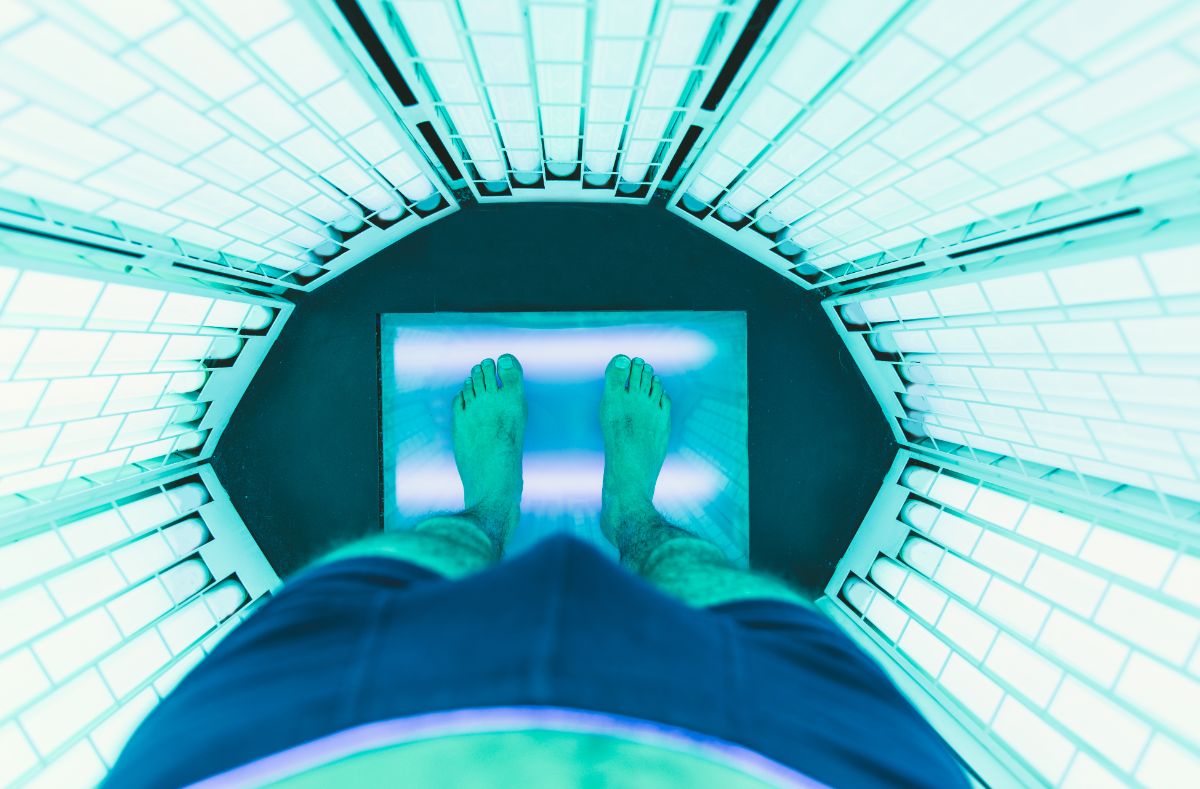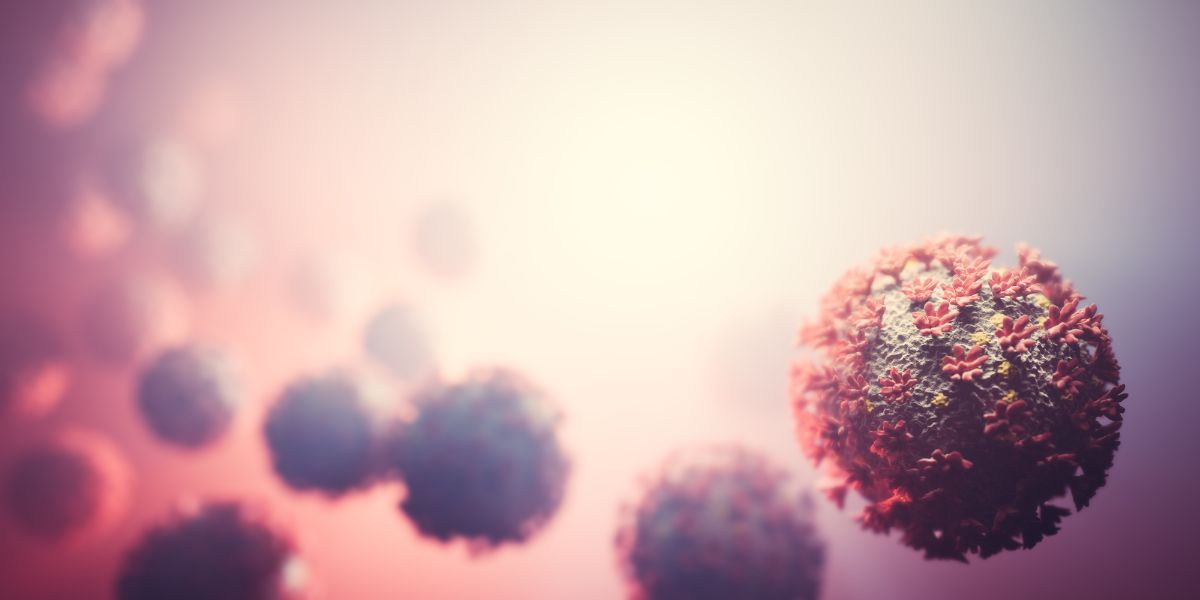UV light technology — it’s a disinfection technique that’s been getting a lot of attention as of late. But what makes it different from other methods, and is it really worth getting such a device for yourself?
The answer to that question lies in its ability to kill pathogens — so, does UV light kill viruses, bacteria, germs, and the like? Can it do so at a rate that can keep surfaces, air, and even liquids clean and safe for us to use? Keep reading to find out!
What is UV Light?
UV light is a pretty broad term. It refers to a type of light emitted by the sun. Normally, we differentiate different kinds of natural light in terms of their wavelengths and frequencies along an electromagnetic spectrum.
Explaining things like wavelengths, energy, particles, and the like can get really scientific, but in simpler terms, UV light is just one kind that we can find along the spectrum.
Three subtypes fall under the category of “UV light”, each with varying wavelengths and properties. The one you’re probably most familiar with is UV-A and UV-B light — these are the kinds of lights that can cause sunburn and skin cancer, and why doctors always tell us to wear sunscreen.
UV-C is the one we’ll focus on in this post. UV-C is one type of light that you never experience in its natural form. This is because they have the shortest wavelengths, which means that the ozone layer can block them out. So, UV-C light used to sanitize and clean items are made artificially.
Despite its short wavelength, UV-C light has the highest energy of all UV lights — which is why we prefer to use this type for disinfecting air, water, and surfaces.
Does UV Light kill viruses?
We mentioned that UV-C possesses the most energy out of all kinds of UV light. This serves as the foundation of its cleaning abilities.
But first, we have to shed some light on the structure of microorganisms. Like us, they are made up of genetic material — DNA and RNA — which controls their growth, development, function, and reproduction. Because these are small and simple organisms, they are pretty much the same shape and makeup as, say, one of our cells.
When exposed to the high levels of energy that UV-C light has, this energy penetrates the “body” or cell walls of the pathogen. The DNA and RNA that make up these pathogens then become “overloaded” with the energy. This essentially destroys their genetic makeup, removing their ability to reproduce or infect any other living being. In other cases, this energy overload can also cause mutations, which similarly prevent them from functioning as they should — eventually leading to their deactivation and death.
This is effective against all kinds of potentially harmful microorganisms — which include things like viruses, but also bacteria, mold, and fungi. This means UV light (UV-C light in particular) is an extremely effective option for sanitizing or disinfecting items.
How effective are UV light products?

Now that you know that this technology actually does work as advertised, the next thing on your mind might just be how effective UV light is at its job.
You’ll be happy to know that UV light and UV-C light, in general, have been used to clean all sorts of mediums for years — they’re proven to kill viruses in the following:
For surfaces
UV light is effective on both porous and non-porous surfaces, able to keep things like tables, chairs, counters, and more free from harmful viruses. Devices like our UV Care Shield 150 with UV-C light are effective because it’s the preferred sanitation method for facilities like hospitals and clinics. UV light disinfection machines are used to keep surgical rooms clean, and surgical and medical equipment sterile and ready for use.
For air
Airborne particles are one of the most common modes of transmission for many illnesses, including tuberculosis, flu, COVID-19, and many more. Thus, cleaning the air in enclosed spaces is vital to protecting people’s health in both private and public areas. Luckily, it’s a proven fact that UV-C light devices are effective at killing airborne viruses! Recent studies during the pandemic found that air purifiers equipped with UV-C technology — like the Super Plasma Air Pro — deal with up to 99.99% of viruses like E. coli, pneumonia, influenza A, and more.
For liquids
UV light technology is also often used for water disinfection purposes, such as water waste treatment plants, pool and spa facilities, and the like. It’s an effective and powerful way of inactivating different viruses that may be in the water, as no known waterborne virus is resistant to UV radiation. Viruses like cryptosporidium and giardia, which are resistant to alternatives (such as chlorine) can be quickly removed through this treatment.
Key Takeaway
If you were wondering “does UV light kill viruses?” then you now know that it’s one of the most efficient and thorough methods of cleaning enclosed spaces, surfaces, and various liquids. UV light devices are invaluable for keeping people safe from all kinds of sickness-inducing viruses — contact UV Care today to learn more about how our products can help keep you (and others) happy and healthy!

